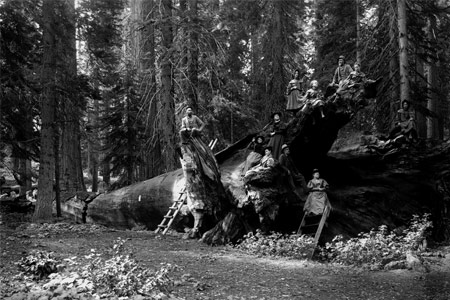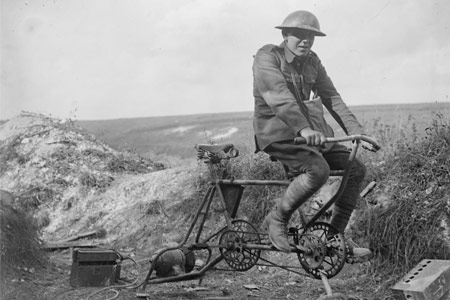Cultural Innovation International Prize
Climate change
Second edition 2016-2017
How can culture defy climate change? The second edition of the Cultural Innovation International Prize encourages projects that offer imaginative and effective solutions to one of the biggest global problems of the 21st century. The winning proposal will be featured in the activities included in an exhibition on the subject at the CCCB.
Climate change is one of the central themes of the CCCB’s 2016-2017 programme. In the course of the year we’ll be offering activities, talks and a major exhibition with the aim of addressing what we see as one of the biggest challenges facing humankind.
Year two of the International Prize for Cultural Innovation marks the start of this annual interdisciplinary agenda and opens the debate about the role that culture and cultural institutions can play in helping to address the problem.
Can we analyse global warming beyond catastrophist viewpoints or technological solutions? Can we contribute to the need for an ecological ethic and collective environmental responsibility? Can we act as catalysts of change?
Results
The members of the Jury have unanimously decided to award the Cultural Innovation International Prize to the project titled The Newton Machine by James Auger and Julian Hanna (Madeira Interactive Technologies Institute, Portugal) and Laura Watts (IT University of Copenhagen, Denmark) in collaboration with Community Energy Scotland.
The project turns an ethereal subject like energy sourcing and storing into a tangible idea that can be experienced through a live installation. Being a project that deals with community energy models it also brings agency and empowers people. The Newton Machine is honest in that it accepts that there is no universal solution to such a multifaceted issue as climate change inviting people to understand their particular contextual challenges and find inventive solutions.
In addition, the members of the Jury, after deliberating on the projects, have unanimously decided to give a special mention to the project titled Ode to the Future. The project has connected and structured very important activist initiatives and contextualised their work under the frame of climate change in Catalonia.
The 2nd Cultural Innovation Prize
Is open to innovative cultural projects that raise awareness about climate change, empowering and involving society actively in the global commitment to environmental responsibility.
Is designed so that the winning proposal can be featured in the framework of the exhibition «After the End of the World» in October 2017. If applicable, the project will be loaned space at Beta Station, a laboratory space adjoining the Centre’s galleries.
Includes prize money of 20,000 euros to develop the winning proposal.
Is open to projects in the framework of the third culture (proposals that explore links between art, science, humanities and technology), education (informative and educational formats that involve educators, children, young people and families) or citizen-led innovation (new tools, platforms and programmes for collective participation and the design of ideas for social transformation).
An international jury will evaluate the finalist projects:
- Laura Faye Tenenbaum, science communicator at the NASA’s Jet Propulsion Laboratory
- Laura Pando, programme manager of Julie's Bicycle
- Lucy Wood, creative producer focused on climate change
- Jose Luís de Vicente, curator of the exhibition «After the End of the World» (CCCB, October 2017)
- Juan Insua, director of the CCCBLab
See the list of finalists of the Cultural Innovation International Prize (PDF)
See the provisional list of admitted and excluded projects (PDF)
See the final list of admitted and excluded projects (PDF)
Documentation
Frequently Asked Questions (PDF)
This activity is part of Cultural Innovation International Prize
Related contents
Making energy futures at the island edge
Laura Watts
Diary of the installation of the Newton Machine on the island of Eday (Scotland), a project that challenges the energy culture through citizen participation.


